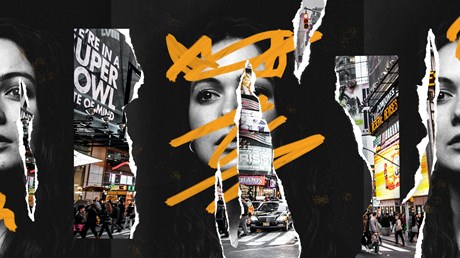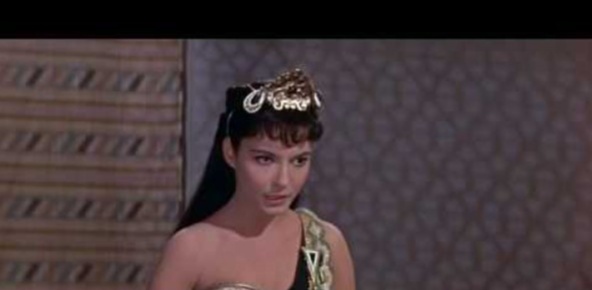If we have to wear the villain label, we can at least wear it with calmness, confidence, and joy.

Aclassic sketch by the British comedy duo Mitchell and Webb sees a pair of Nazi SS officers in the grip of an existential crisis.
One says to the other: “Have you looked at our caps recently? … They’ve got skulls on them. Have you noticed that our caps have actually got little pictures of skulls on them?”
Realization dawns: “Hans … are we the baddies?”
Contemporary Western culture finds itself curiously split on the question of moral absolutes. On the one hand, in the golden age of prestige TV, we pride ourselves on the moral complexity of our stories: the flawed protagonist, the tortured hero, the sympathetic villain. Using the tools of psychology and sociology, we do our best to understand what has gone wrong for those who do wrong, and we accept (more or less) that we’re all damaged, striving people.
On the other hand, we seem to define more rigidly every day the boundaries of what’s acceptable, in the process cheerfully consigning larger and larger swaths of our fellow citizens to that no man’s land beyond the cultural pale.
Do we or do we not believe in goodies and baddies? How do we treat those we place in that second camp? And what happens when other people place us there?
In his short and very readable book Being the Bad Guys: How to Live for Jesus in a World That Says You Shouldn’t, Australian pastor and blogger Stephen McAlpine sails into the contested waters of Christian cultural engagement with admirable calmness. It’s a delicate moment for discussions of this kind. Christians across the political and ecclesial spectrum probably would agree that the relationship between the church and the wider culture is currently rocky, but they would also ...
from Christianity Today Magazine
via




.gif)

.gif)
.gif)
